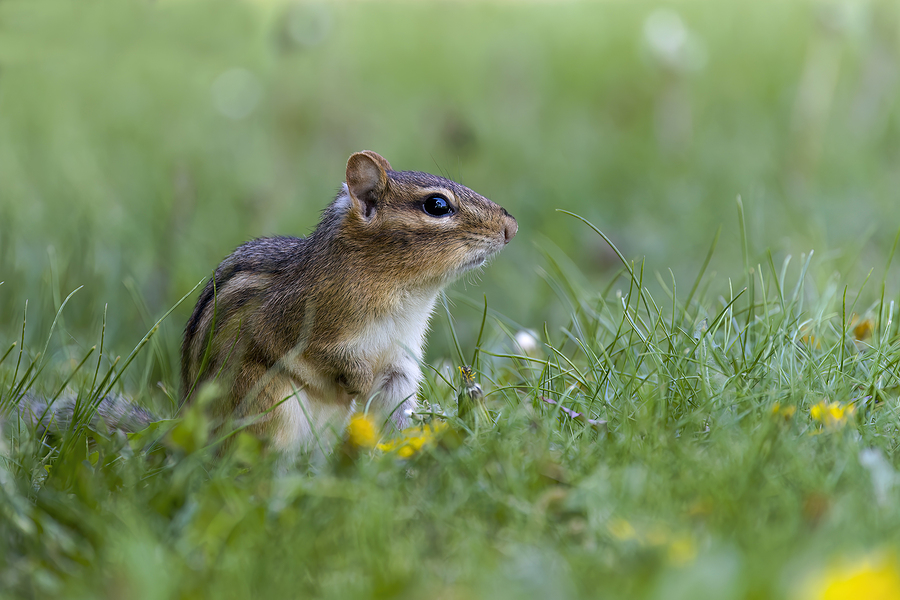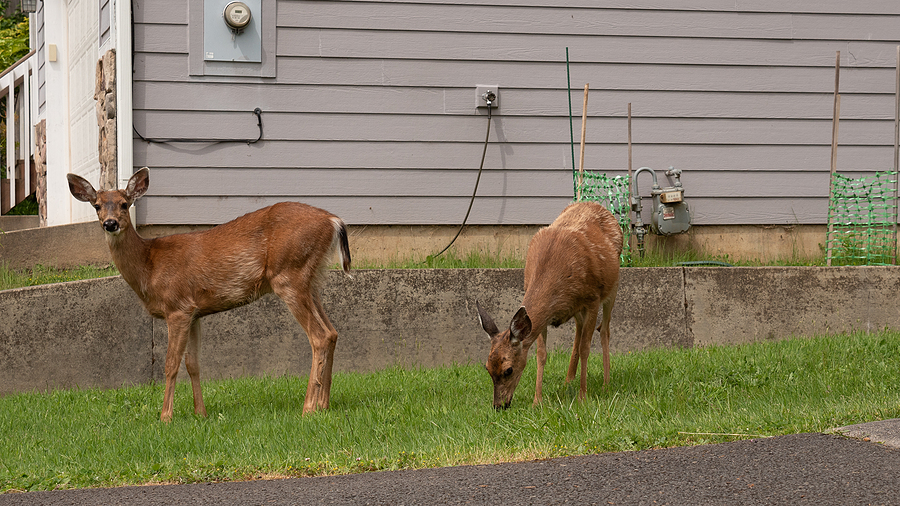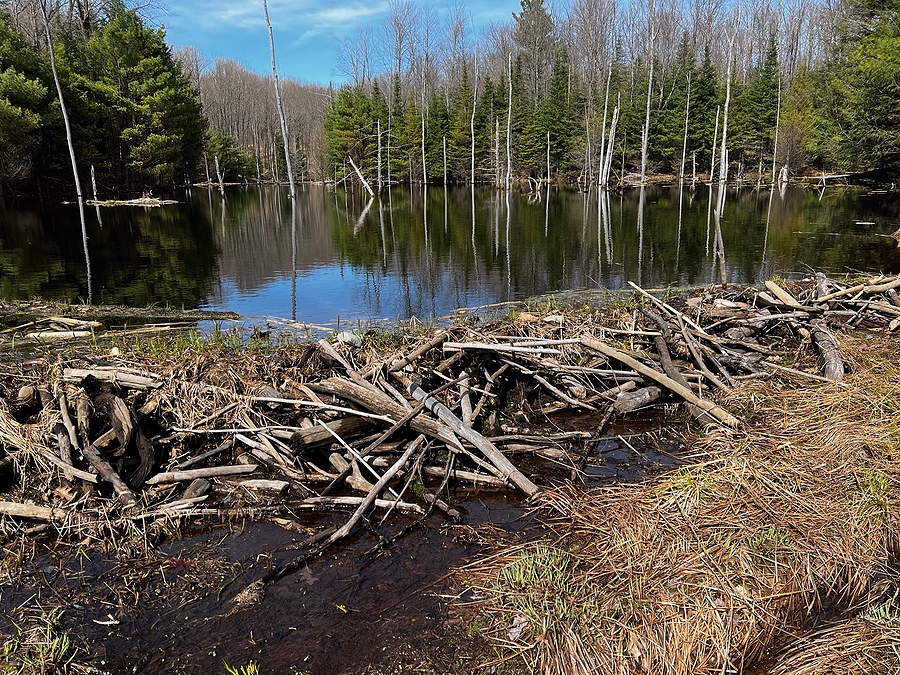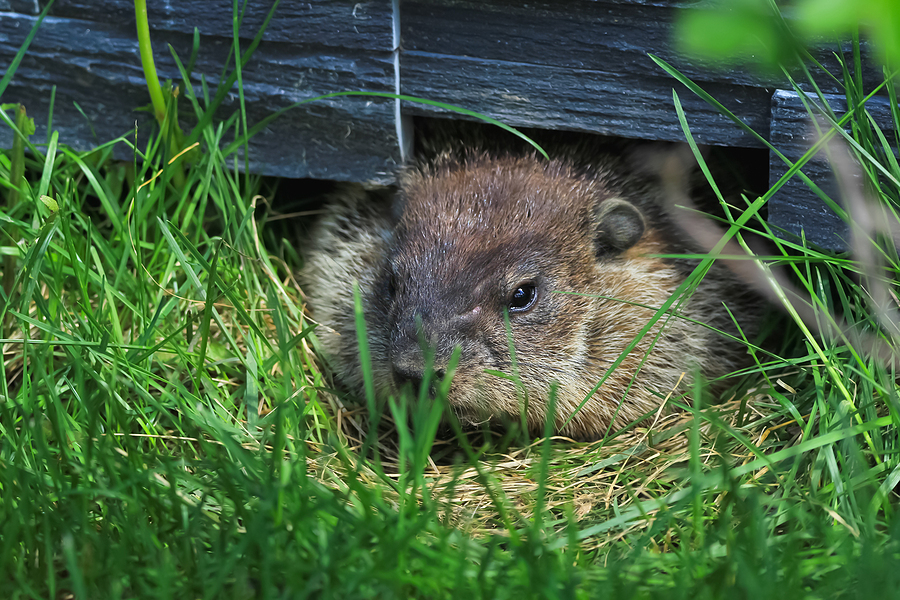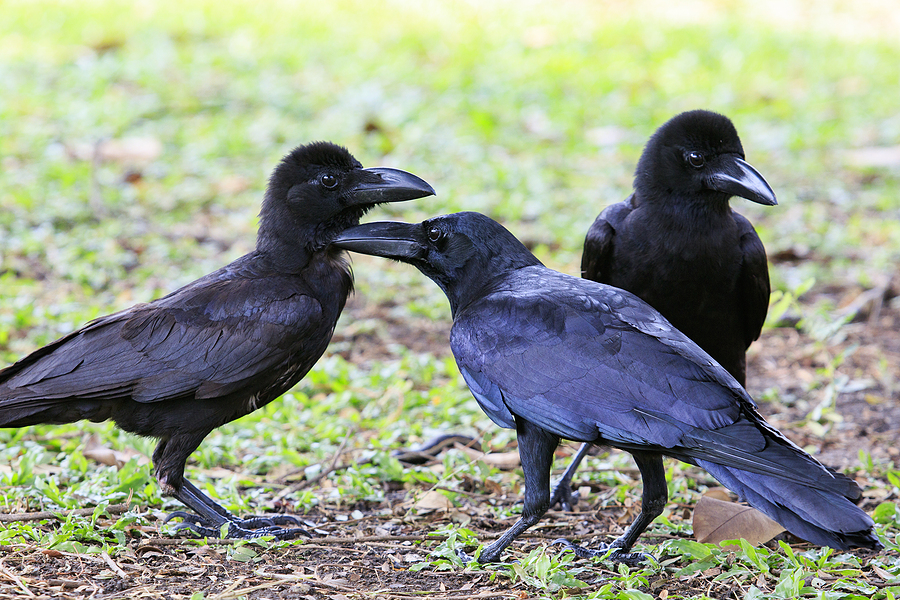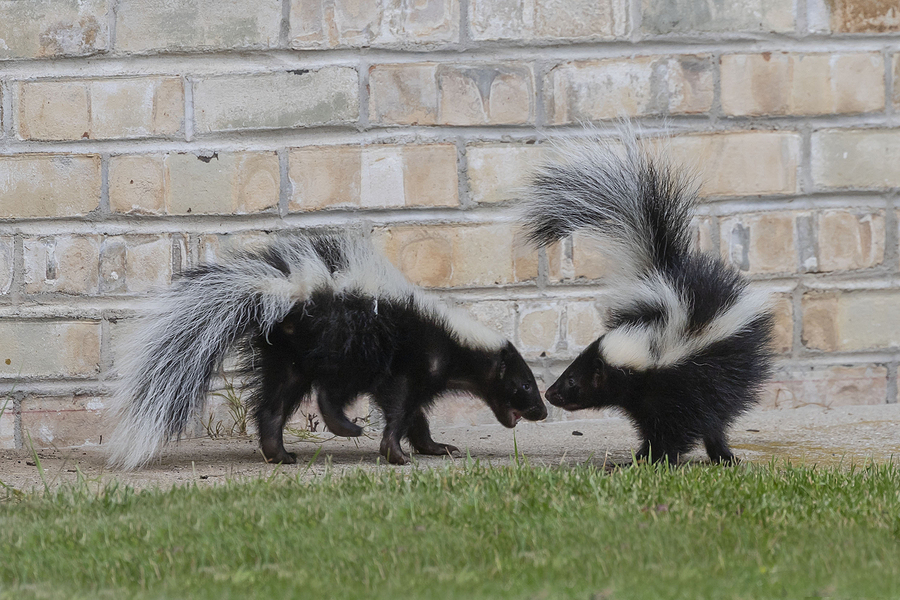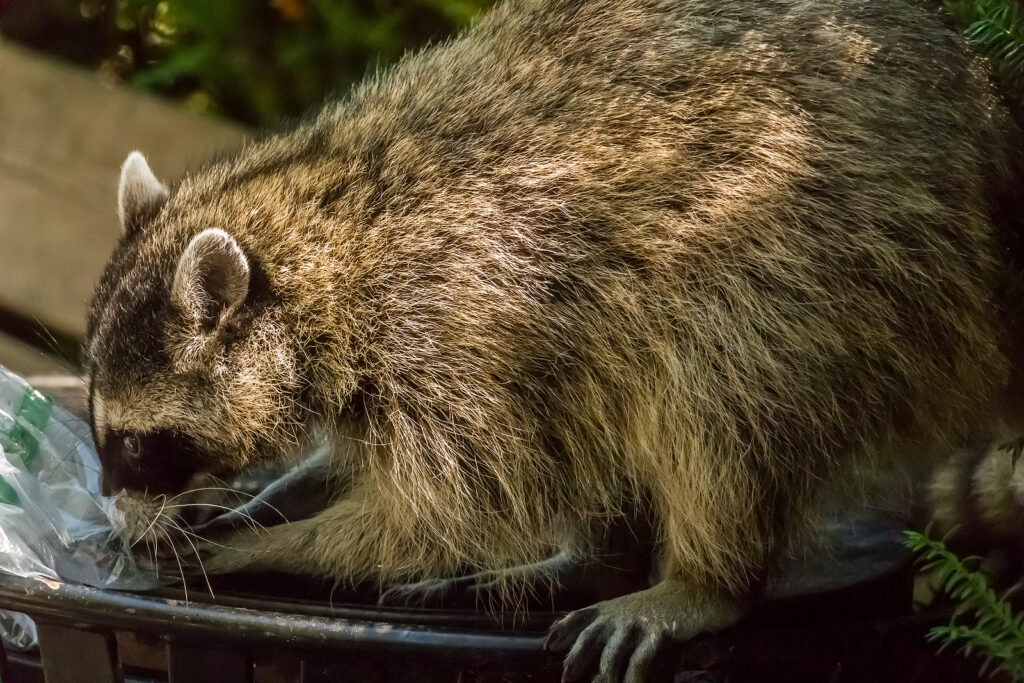Foxes, with their stunning red coats and playful demeanor, may seem like a charming addition to your backyard, but don’t be fooled. These clever creatures can cause headaches for homeowners, wreaking havoc on gardens, threatening pets, and even posing potential health risks. If you find yourself having to deal with these unwelcome guests, don’t despair.
This comprehensive guide will arm you with practical strategies for effective fox control, from safe and humane fox removal methods to effective fox repellents. So read on and take the first step towards reclaiming your backyard.
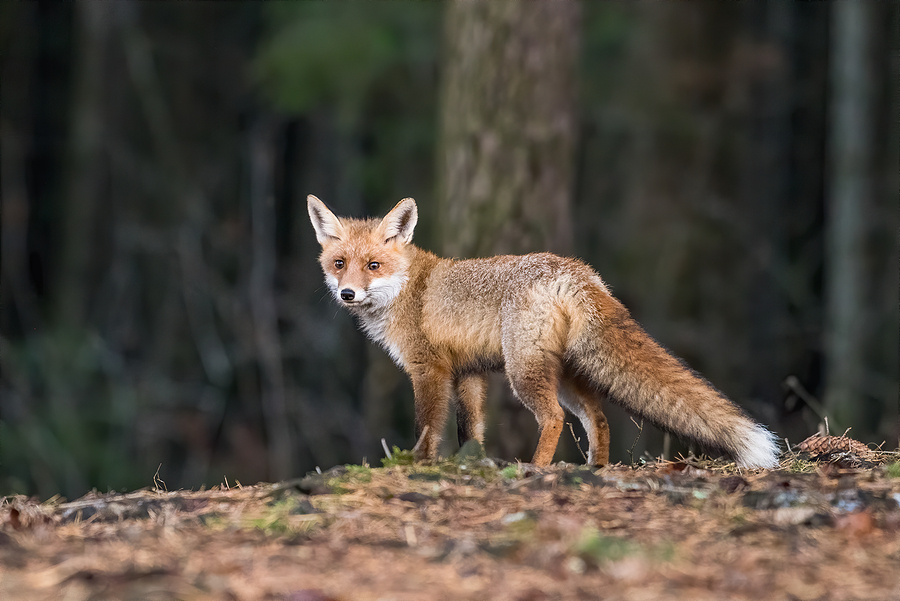
Understanding Fox Behavior
Before we dive into the nitty-gritty of fox control, it’s important to understand a little bit about these cunning creatures. Foxes are highly adaptable and intelligent animals that are found in both rural and urban areas. They are opportunistic omnivores, meaning they will eat anything from insects to small mammals, fruits, and even trash. Foxes are also known for their keen sense of smell, excellent hearing, and sharp claws and teeth. These traits make them efficient hunters, but they can also become a nuisance when they start to target your property.
Effective Fox Control Strategies
When it comes to dealing with foxes on your property, prevention is always better than cure. Here are some practical guidelines that can help you avoid unwanted fox encounters:
Secure your trash cans: Foxes are attracted to garbage, so make sure your trash cans have tight-fitting lids and are kept in a secure area away from the reach of foxes.
Protect your garden: Foxes love digging, which can wreak havoc on gardens. Install chicken wire or other barriers around your garden beds to deter them from digging.
Remove potential hiding spots: Foxes are known to take shelter in bushes and woodpiles, so keep your yard free from clutter and overgrown vegetation.
Keep pet food indoors: If you have outdoor pets, don’t leave their food outside as it can attract foxes. Instead, feed them indoors or ensure any leftover food is cleaned up promptly.
Install motion-activated lights and sprinklers: Foxes are nocturnal creatures, so installing motion-activated lights and sprinklers can startle them and deter them from coming onto your property.
If prevention methods fail, here are some strategies for safely removing foxes from your property:
Use noise deterrents: Foxes have sensitive ears, so loud noises can be an effective way to scare them off. You can use a loud radio, clapping hands, or even a homemade noisemaker with coins in a metal can to make noise and drive them away.
Use motion-activated deterrents: Similar to the lights and sprinklers mentioned earlier, there are also motion-activated devices that emit high-frequency sounds that are unpleasant for foxes but not harmful.
Use fox repellents: There are several types of animal repellents you can use to deter foxes, such as sprays or granules, that contain natural ingredients like hot pepper or predator urine to deter foxes. Be sure to follow the instructions carefully and use caution when handling these products.
Humane Fox Removal
If all else fails and you need to physically remove a fox from your property, it’s important to do so safely and humanely. Here are some tips for humane fox removal:
Consult a professional: It is always best to seek the help of a professional wildlife control expert who has experience dealing with foxes.
Use live traps: Live traps can be effective in catching a fox alive. Once caught, make sure to release the fox in a suitable environment, preferably away from residential areas.
Never use poison or lethal traps: These methods are not only cruel but can also pose a danger to other animals and even humans.
Conclusion
In conclusion, dealing with foxes on your property may seem like a daunting task, but with the right strategies and precautions, it is possible to effectively control them. Remember to always prioritize prevention methods and use humane techniques for fox removal. With these practical guidelines, you can become a master at fox control and reclaim your backyard from these clever creatures. So go ahead, put these tips into action, and enjoy a fox-free home!
Get rid of your nuisance fox problems with our advanced critter control solutions! Contact Smoky Wildlife Control at 615-610-0962 for TWRA licensed fox removal and control in Nashville and Clarksville, Tennessee, and all surrounding counties. We serve residential and commercial clients.
Related Posts:
Nuisance Fox Control Regulations in Tennessee
See Smoky Wildlife Control on WSMV4 News Discussing Nuisance Foxes in Nashville
What You Need to Know About Fox Removal and Control



